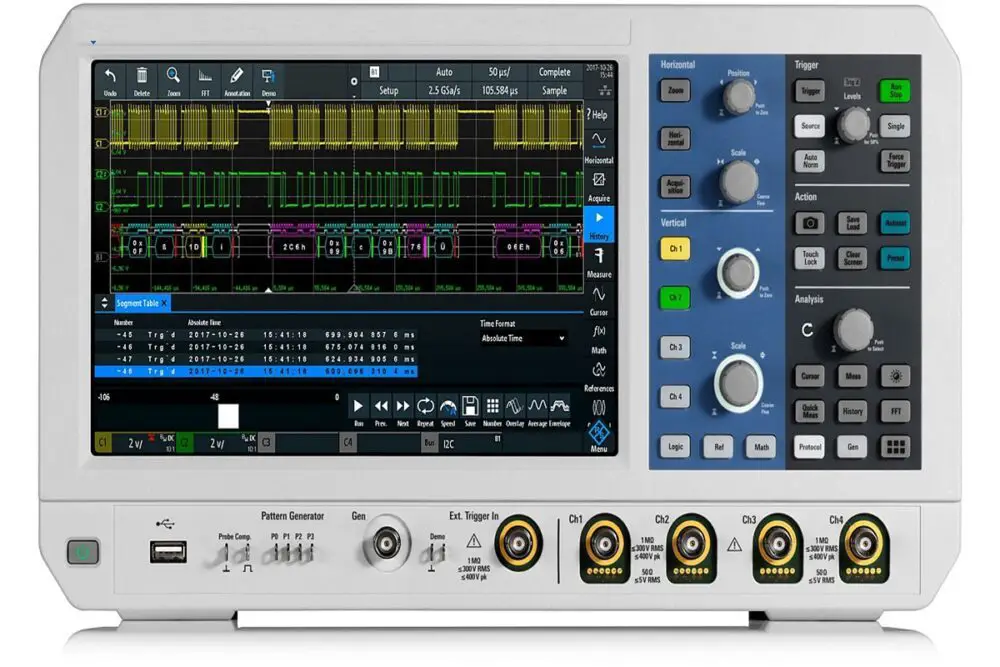Integral to the design, testing, and maintenance of almost all types of electrical equipment, this tool is incredibly useful, but understanding its use can sometimes be difficult. Often referred to as a scope, you can expect to see this piece of equipment within the maintenance and repair industry. This includes auto shops, and while it’s not the only essential tool shops should have, it’s a big part of their success.
Whether you’re a new engineer or looking for one for your home hobby, you may need some help and advice. Fortunately, we have put together a basic guide to oscilloscopes. It will cover who can use them, what they are used for, and how you can use them. Read on to learn more about oscilloscopes.
Who can use them?
You will find this equipment in many different industries. It is generally found within those that involve monitoring, diagnosis, and troubleshooting for any electrically powered circuit or system. These may include:
- Car repair and maintenance
- Sound engineer
- Manufacture and production of electronic products.
- Research, especially within physics and the natural sciences.
- Health care
What is this used for?
Oscilloscopes are available in various formats for portable, desktop or PC devices. Its basic function is to capture information, process it, analyze it, and display detailed information about electronic signal waveforms.
This information is displayed on the screen in a graph that fluctuates over time. This allows users to understand a variety of signal characteristics, such as frequency, noise, and amplitude.
how to use them
Depending on whether you are using them for engineering work or as a hobby, the process will be similar, but what you are looking for with the oscilloscope may be different. Read on to find out how to use them depending on what you’re doing.
for engineering
Engineers often use this device to measure electrical phenomena, as well as to quickly test, verify, and debug their circuit designs. By using this device, the engineer can understand things like:
- Time and voltage of a signal.
- signal frequency
- The moving parts of a circuit.
- If the faulty component is distorting the signal
- Which part of the signal is direct current or alternating current.
Without this information, engineers may have a hard time diagnosing the problem at hand, highlighting its importance.
for fans
Depending on the electronics project you’re working on, an oscilloscope can help you progress. This is particularly important as a hobbyist. You may not currently have all the knowledge you need to be successful, but by using this device, you can ensure that your skills improve. An oscilloscope will help you with:
- Sensor debugging output
- Simple error capture
- PWM signal debugging
- Communications bus debugging
- Easily collect data
Oscilloscopes allow you to get the most out of your ability when pursuing a hobby. Be sure to get yours and find your hobby even more enjoyable.
Subscribe to our latest newsletter
To read our exclusive content, sign up now. $5/month, $50/year
Categories: Technology
Source: vtt.edu.vn
